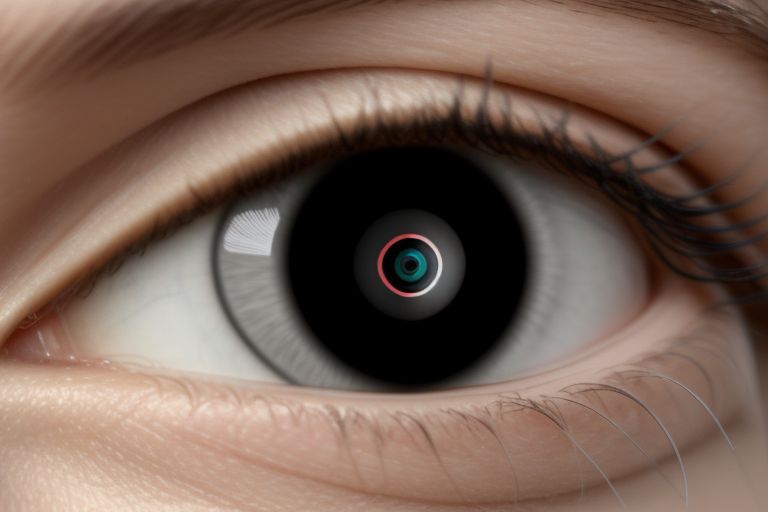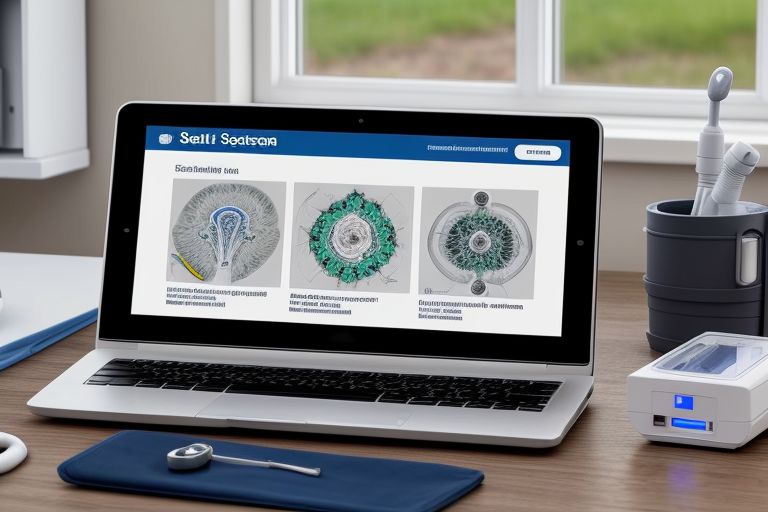In an era where technology seamlessly integrates with personal health management, the advent of smart contact lenses marks a significant breakthrough. These next-generation wearables are designed to monitor health metrics in real-time, offering users not only vision correction but also continuous health monitoring directly from their eyes.
Revolutionizing Personal Health Monitoring
Smart contact lenses represent the frontier of wearable technology, combining advanced biosensing with the everyday convenience of traditional contact lenses. Embedded with microsensors, these lenses can detect changes in the body’s chemistry and physical data, offering insights into the wearer’s health status through non-invasive means.
How Smart Contact Lenses Work
These lenses are equipped with tiny sensors and microchips that are almost imperceptible to the wearer. They function by analyzing the biochemical properties of tear fluid to monitor various health markers such as glucose levels, intraocular pressure, and even signs of inflammatory diseases. The data collected is then transmitted wirelessly to a connected smartphone app or a dedicated device, allowing users and healthcare providers to track these metrics continuously.
Key Features and Benefits
Non-Invasive Glucose Monitoring
For individuals with diabetes, managing blood sugar levels is crucial. Smart contact lenses provide a non-invasive way to monitor glucose levels, reducing the need for frequent finger-prick blood tests and enhancing the user’s quality of life.
Early Detection of Health Issues
By continuously monitoring physiological data, these lenses can help in the early detection of various conditions, such as the onset of glaucoma by measuring intraocular pressure or signaling kidney health by tracking certain biomarkers in tears.
Integration with Telemedicine
Real-time data collected by smart contact lenses can be integrated into telemedicine platforms, facilitating remote monitoring and consultations. This feature is particularly valuable for patients in remote areas or for those with mobility challenges.
Challenges and Ethical Considerations
While the potential benefits are significant, the development and widespread adoption of smart contact lenses come with challenges. Ensuring the accuracy and reliability of the data collected is paramount, as is protecting the privacy and security of the user’s health information. Additionally, regulatory approvals for medical devices, particularly those that involve new technologies, can be complex and time-consuming.
Future Prospects
Research and development in the field of smart contact lenses are rapidly evolving. Future iterations may include even more advanced features, such as the ability to deliver medications directly through the lens or the enhancement of natural vision beyond standard correction. The integration of augmented reality, providing real-time health alerts and data visualization directly in the user’s field of vision, is also on the horizon.
Conclusion
Smart contact lenses are set to transform the landscape of health monitoring and wearable technology. By providing real-time, continuous insight into one’s health, these devices empower individuals to take proactive steps towards managing their well-being, potentially reducing the incidence and impact of various health issues. As technology advances, these lenses could become as commonplace as traditional contact lenses, marking a new era in personal health management.























+ There are no comments
Add yours